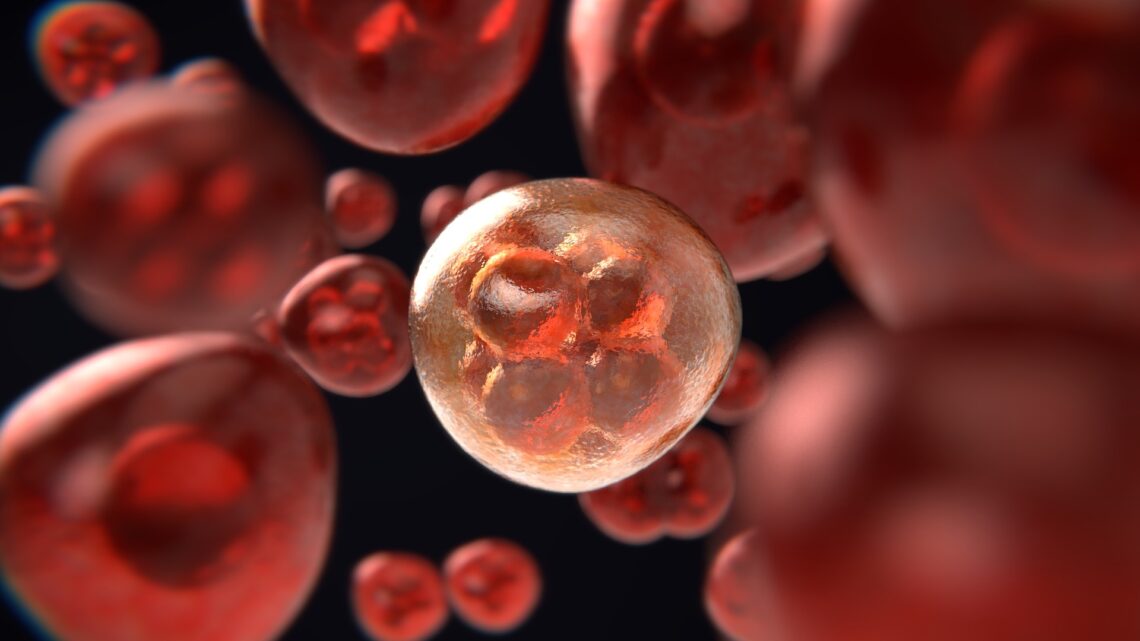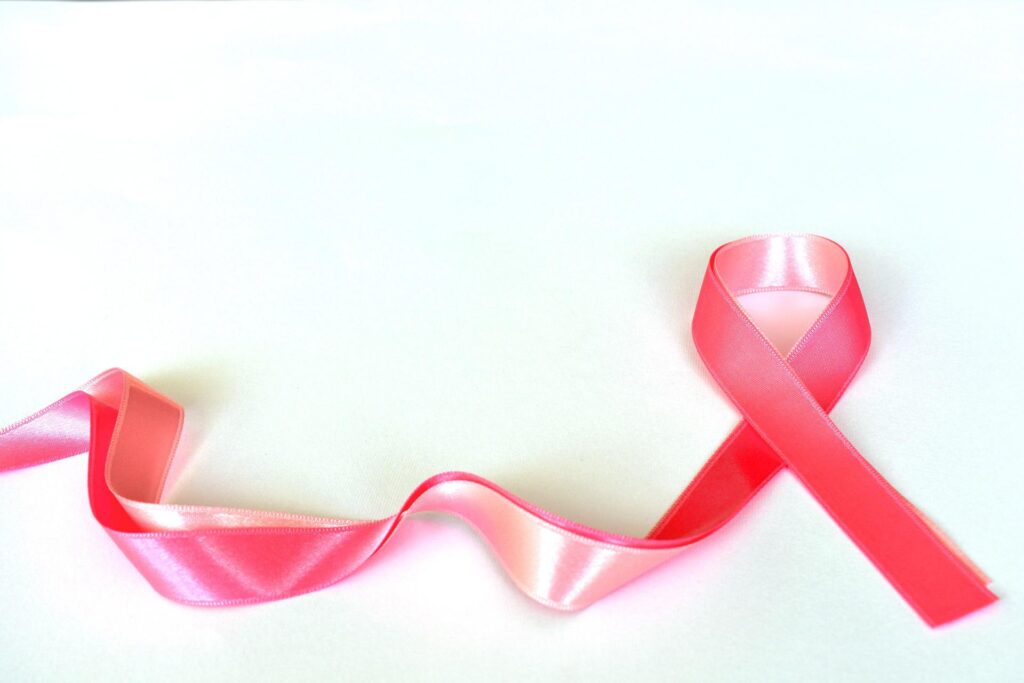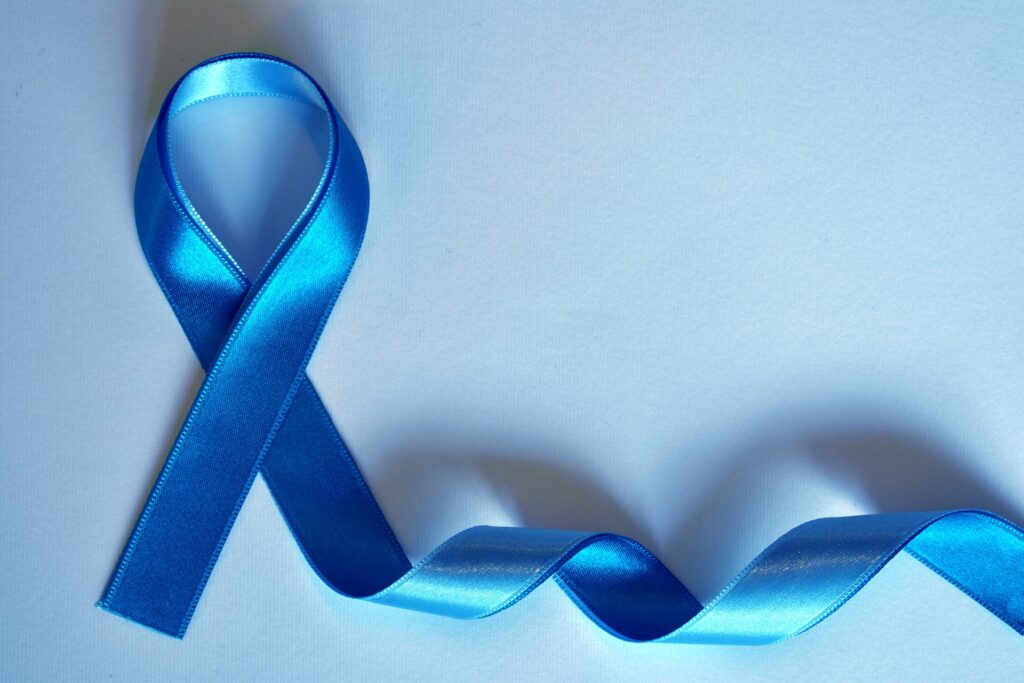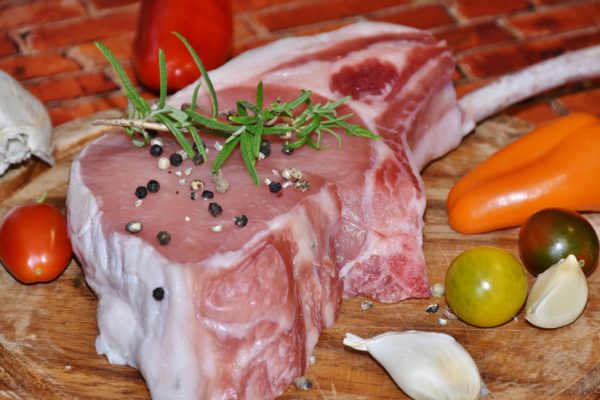
Vegan nutritionist – my text answers 1
Finally a post on nutrition again! I am doing an online vegan nutritionist course. And since I have to write texts for some of the assessments anyways, I thought, why not post them on the blog?
I’ll spare you all the boring multiple-choice and the shorter (1-2 sentences) answers.
So, here is the first installment of my text answers:
Explain in detail how a vegan diet can reduce the risk of cancer, including the examples of the specific cancers mentioned in the module.
Cancers mentioned: colon, breast, prostate cancer.
Literature used:
- T. Colin Campbell, MD and Thomas M. Campbell II, MD: The China Study. 2006, Benbella Books, Inc.
- Michael Greger, MD with Gene Stone: How Not To Die. 2016, Macmillan.
- Joel Fuhrman, MD: Eat To Live. 2011, Little, Brown and Company.
Cancer prevention in general
According to T. Colin Campbell’s China Study (p 48-50) there are 3 stages of cancer: initiation, promotion and progression.
Initiation is the earliest stage, at which the cancer is “planted”, so to speak. This happens when carcinogens like harmful chemicals are present in a cell. Carcinogens enter the cells, are metabolized into highly reactive carcinogen products, that bind to a cell’s DNA. If these DNA damaged cells are not repaired or removed and they multiply, cancer can develop.
Promotion is the stage in which cancerous cells multiply and grow until they form detectable tumors. To do that, cancerous cells need “food” or cancer promoters which are dietary factors. There are also anti-promoters – other dietary factors which slow cancer progression. This is the most important stage for cancer regression through diet.
Progression is “when a bunch of advanced cancer cells progress in their growth until they have done their final damage.” (T. Colin Campbell, 2006, p. 50) Cancer cells can also enter the bloodstream and settle and proliferate anywhere else in the body (metastatic cancer).
But cancer is “much more preventable that treatable”(Fuhrman, 2011, p68).
Until cancer is detectable, cancerous cells already had decades to proliferate. That’s why it’s important to eat healthy even if you don’t already have cancer (during the progression state). According to Dr. Fuhrman studies have shown that abnormal cells often disappear spontaneously. And that studies on animals and humans have shown that plant-derived nutrients (phytonutrients) can prevent and reverse DNA damage, that may develop into cancer.
Phytonutrients can stop the initiation of DNA damage, can fuel DNA repair mechanisms, stop proliferation of cancerous cells, protect DNA against more damage and inhibit the spreading of DNA damaged cells. One of the most important phytonutrients are what we call antioxidants. Free radicals can lead to initial DNA damage. They are neutralized by phytonutrients because most of them act like antioxidants. Antioxidants are abound in a vegan diet and have strong anti-cancer properties. They can sweep up the free radicals produced in oxidation, which can occur in cells and lead to DNA damage.
But a vegan diet is not just cancer preventing because of what it entails but also because of what it avoids. Most animal products contain a lot of substances that are scientifically shown to be associated with cancer and heart disease like saturated fat, cholesterol and arachidonic acid (Fuhrman, 2011, p85). People who eat a diet rich in protein also mostly have high blood levels of IGF-1 (insulin-like growth factor 1), a growth hormone known to be a risk factor for several types of cancer.
Colon Cancer
A vegan diet rich in whole plant foods may have one key nutrient that prevents colon cancer: fibre. Fibre binds water in the bowels and creates bigger stool mass.
According to Dr Michael Greger, “the bigger and more frequent your bowel movements are, the healthier you may be.” (Greger, 2016, p65) Apparently, if stool weight drops below a pound a day, colon cancer incident rate shoots up. Also, oral-anal transit time plays a role in colorectal cancer rates. The larger the stool, the quicker the transit time, because it’s easier to move things along. The longer the transit time in the bowels, the more time there is for the metabolic products to develop genotoxic substances and to damage the intestinal cells.
Fibre, also known as roughage is only found in plant foods, which may play a key role in preventing colon cancer.

Breast and prostate cancer
Both of these cancers are hormone sensitive cancers. Women with a family history of prostate cancer are at a higher risk risk of developing breast cancer and men with a family history of breast cancer at a higher risk of prostate cancer. Breast and prostate cancer, like most cancers are multicausal. But apparently genetics play a minor role in the outbreak of the disease and it does not strike at random.
Unhealthy nutrition at an early age decreases the onset of puberty. And early onset of puberty is a “significant marker of increased risk” (Fuhrman, p 94) of breast cancer. The earlier someone starts menstruating, the higher the risk of breast cancer. The longer the body is producing high levels of estrogen, the bigger the risk of breast cancer. Also, in the male body the same early onset of maturation increases the risk of prostate (and testicular) cancer.
In his “China Study”, T. Colin Campbell saw a high correlation between breast cancer and the consumption of animal products. Increasing levels of testosterone significantly increased the risk of both breast cancer and prostate cancer. Testosterone also rises with obesity, which in itself is another risk factor for cancers of all sorts.
In his book “How Not To Die” Dr. Greger highlights several risk factors for breast cancer: alcohol consumption (safe levels are 0, even alcohol containing mouth-washes may play a role in producing cancerogenic acetaldehyde), heterocyclic amines (HCA) which are produced when muscle meat is cooked at high temperatures and which are carcinogens. These “HCAs appear to be able to both initiate and to promote cancer growth.”(p185) They have an estrogen like effect which is known to fuel cancer growth. HCAs are also found in cigarette smoke and fried eggs. Also cholesterol may play a role in development and progression of breast cancer.

So, how does a vegan diet minimise the risk for breast cancer? Low meat and high vegetable consumption increases melatonin production in the pineal gland, which puts cancer cells to sleep (Greger, 2016, p.182). Later menarche in females due to lower animal product consumption. Vegans generally tend to have a normal BMI, which is also linked with less cancer incidence. Fibre may be protective against breast cancer. Researchers found something in apple peels that appears to reactivate a tumor-suppressor gene called maspin, which is one of the tools the body uses to keep breast cancer at bay.

And how does a vegan diet minimise the risk of prostate cancer? A vegan diet avoids the most prevalent and dangerous offenders for the risk of prostate cancer: eggs and poultry (Greger, 2016, p218ff). Plus, it is full of cancer-preventing and cancer-reversing plants, like cruciferous vegetables (broccoli, brussel sprouts, kale etc.) and flaxseeds, which contain a phytoestrogen called lignan. Also, soy has a whole group of cancer-fighting and preventing phytoestrogens called isoflavones.
So – are vegans immune to cancer? No of course not. But they are a heck of a lot less likely to develop it.

Meat is carcinogenic?
You May Also Like
